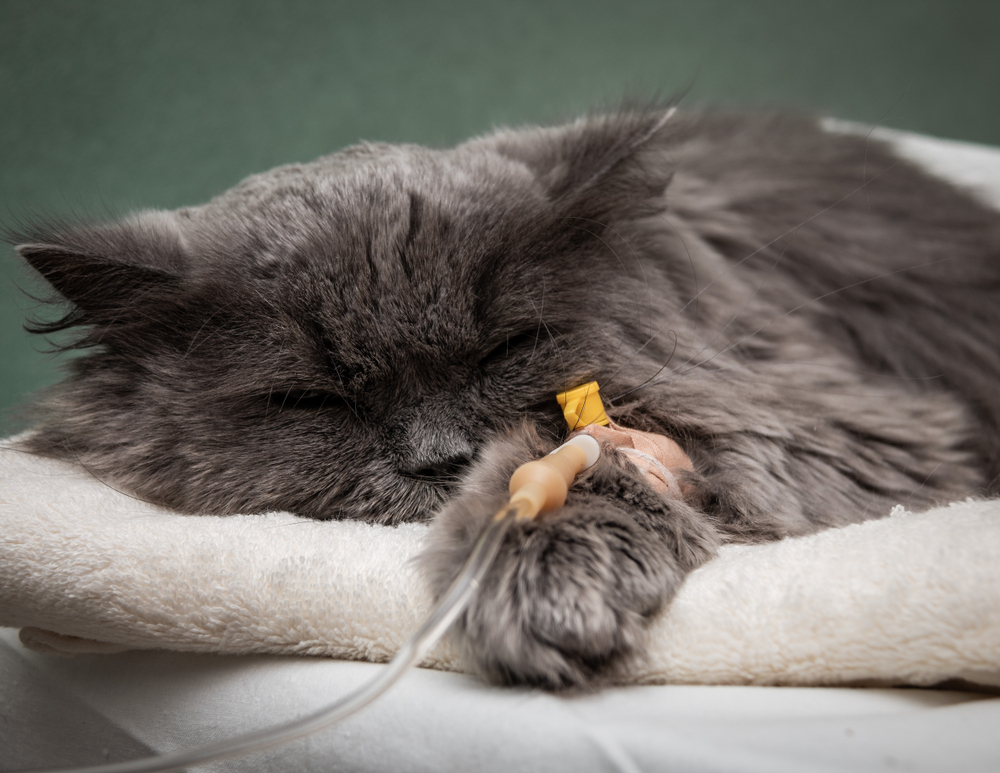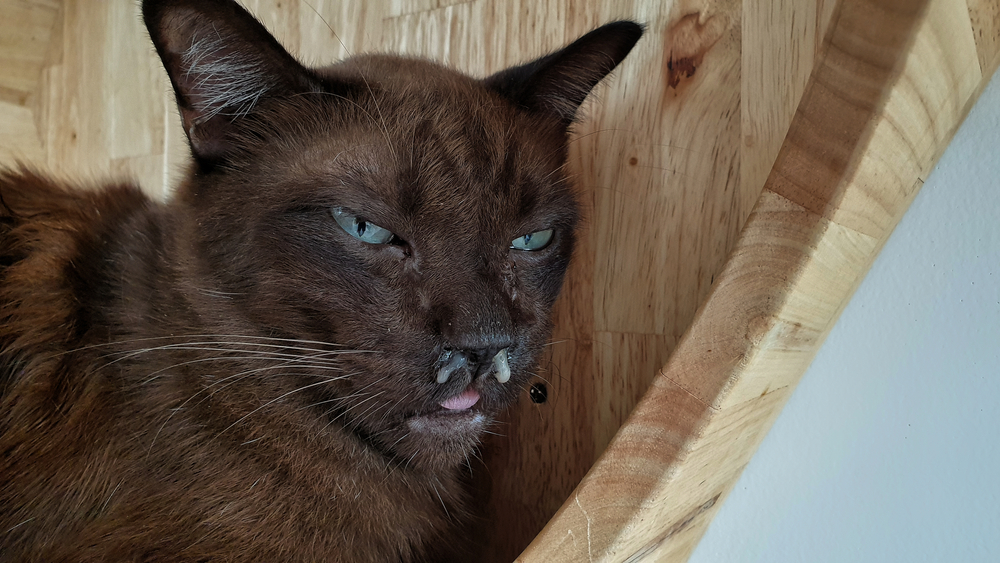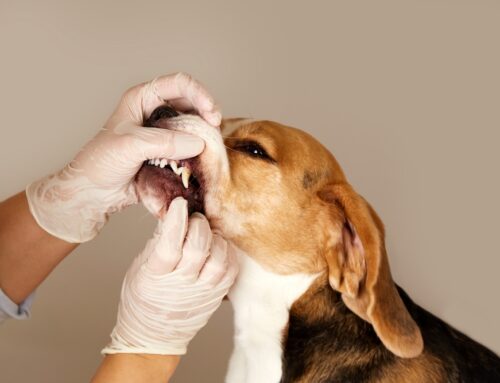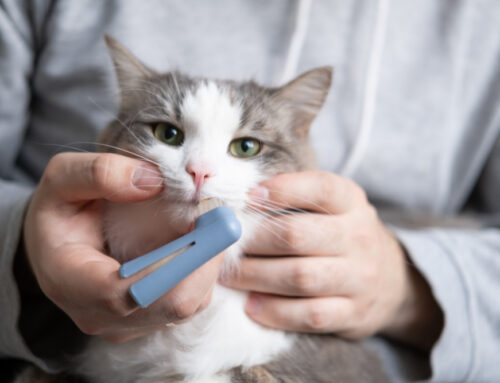Cats are often considered relatively healthy pets, unlikely to contract infectious diseases because of their exclusive indoor status. However, your feline friend is at risk for several serious diseases, regardless of how little time they spend outdoors or around other cats. Our Cane Bay Veterinary Clinic team shares important facts that all cat owners need to know about how feline viral diseases are identified, transmitted, and prevented.
Identifying common feline viral diseases
Cats can be infected with various viral diseases, but the most common include:
- Feline viral rhinotracheitis (FVR) — FVR, or feline herpesvirus type-1, is the culprit behind the majority of feline upper respiratory infections. Affected cats typically sneeze often, and have nasal and eye discharge, conjunctivitis, and a fever.
- Feline calicivirus (FCV) — FCV is another common cause of upper respiratory infections in cats, and can also cause painful oral ulcers.
- Feline leukemia virus (FeLV) — FeLV can lead to cancer and also suppress the immune system, allowing other diseases to more easily take hold. Affected cats may display pale gums, yellow skin, weight loss, and lethargy, and will generally develop frequent infections.
- Feline immunodeficiency virus (FIV) — FIV weakens the immune system, making cats more susceptible to other infections. If your cat contracts FIV, you may notice enlarged lymph nodes, fever, anemia, weight loss, and secondary infections.
How feline viral diseases are transmitted
Feline viral diseases are transmitted in various ways, including:
- Direct contact — Diseases like FVR and FCV spread through direct contact with an infected cat’s saliva, nasal discharge, or eye secretions. Grooming and sleeping together can facilitate transmission.
- Object contamination — Viruses like FVR and FCV can survive on surfaces and objects for short periods, so contact with contaminated items can cause infection in a cat.
- Bite wounds — FIV is often transmitted through bite wounds from an infected cat. This is more common in intact outdoor cats who fight.
- Mother to kittens — In a method known as vertical transmission, FeLV can be transmitted from a mother cat to her kittens during pregnancy or through her milk.
How to protect your cat from viral diseases
While viral diseases can cause serious illness in your cat, numerous preventive methods can protect your feline friend:
- Vaccination — Vaccines are crucial for preventing many feline viral diseases. Core vaccines typically include protection against FVR, FCV, and FeLV.
- Indoor lifestyle — Keeping your cat indoors can significantly reduce their exposure risk to infectious diseases, because indoor cats are less likely to encounter other cats carrying these viruses.
- Regular veterinary exams — Routine veterinary visits are essential for prevention and detection of diseases in their early stages when they are most treatable.
- Hygiene and isolation — Maintain good hygiene by cleaning your cat’s living area and food bowls regularly. If you have multiple cats, isolate any sick cats to prevent disease spread.
What to do if your cat becomes ill

If you notice possible viral disease signs, schedule an appointment with our Cane Bay Veterinary Clinic team immediately. We will perform a physical examination and conduct blood work and other diagnostic tests to identify the issue.
Unfortunately, if your feline friend is diagnosed with a viral infection, there is no cure. However, we can manage clinical signs and secondary infections through:
- Antiviral medications
- Antibiotics
- Pain- and fever-reducing medications
- Supportive care (e.g., hydration, nutritional support, nursing care)
Cats who contract viral diseases require long-term management, as respiratory illnesses can flare up during stress or sickness, and FIV and FeLV can ultimately result in severe illnesses. Keep infected cats away from healthy cats to prevent the spread of viral diseases, especially if you have multiple household cats.
Awareness and proactive care are vital in preventing and managing common feline viral diseases, because prompt veterinary care and proper management can make a significant difference in their quality of life should they contract a viral disease. Schedule an appointment with our Cane Bay Veterinary Clinic team if you suspect your feline friend has “gone viral.”






Leave A Comment